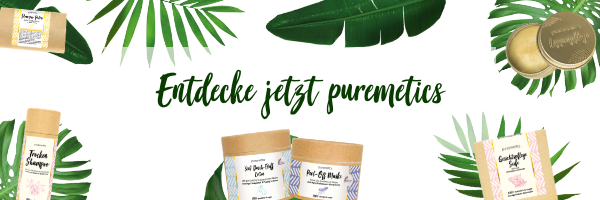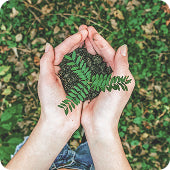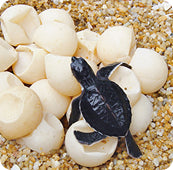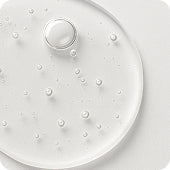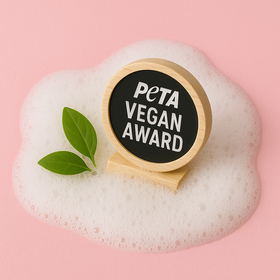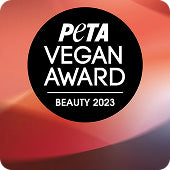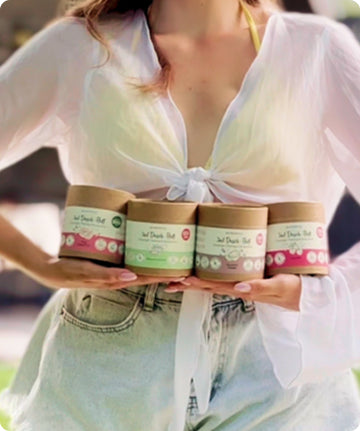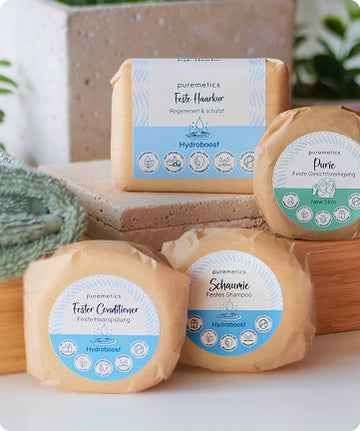The top 7 vegan myths and what's behind them
The top 7 vegan myths and what's behind them

There are many myths surrounding the vegan diet. You've probably heard some of them before. From "People need meat to provide protein", to "Vegans are chronically undernourished" to "Vegans are destroying the rainforest with their soy consumption"... Today we are going to deal with seven of the biggest myths and clear them up.
Myth 1: Humans need meat as a source of protein
This is probably the most common myth about the vegan diet. It is said that humans can only meet their protein requirements by eating meat. That's why vegans are pale, slender and sickly creatures. Of course that's nonsense! On the contrary: the consumption of meat and meat products can even be harmful to us. It can promote and/or trigger obesity, high blood pressure, diabetes, cardiovascular diseases and many other diseases. The World Health Organization says so too. We can easily get our portion of protein from healthy, plant-based foods. We have already presented you with a more detailed list in our blog post on vegan nutrition .
Myth 2: Vegans are malnourished and don't get enough nutrients
This myth is also at the forefront: the chronic lack of nutrients in vegans. The purely plant-based diet offers us everything we need. It just has to be balanced. It is best to cook a lot yourself and buy fresh vegetables. Broccoli and lentils, for example, contain a lot of valuable iron. Kale, tofu, almonds and figs provide us with important calcium. The only thing that is correct, and this is the exception, is that our body cannot produce vitamin B12 itself. Here, too, one often hears that we can only absorb this vitamin through meat. But that's not true: we can simply take it through a high-quality dietary supplement. There is now a huge range on the market. For example, our Spirulina pellets are also a source of vitamin B12 and can be taken daily with a drink.
Myth 3: Vegans only cook weird and exotic stuff
That's not right either. Most vegans attach great importance to regional and seasonal products. After all, this is also a big point that affects our environment and protects it. Instead of chia seeds, flaxseeds are a great alternative. Or walnuts instead of avocados, black currants and sea buckthorn instead of the exotic goji berries, millet and oats instead of quinoa. This food is grown for us locally and not shipped all the way here. If you then also shop in small shops around the corner, you make an additional contribution to the local economy. Doesn't sound so exotic anymore, does it?

Myth 4: Meat substitutes are unhealthy
Of course, you should cook fresh as much as possible. But if you do feel like having a burger, you should pay attention to the ingredients and regionality of the meat substitutes, as well as organic farming and non-GMO products. Substitute products often do not come close to a healthy diet with their ingredients. Therefore, they should be seen as an exception and not on the daily menu. In principle, of course, there is nothing wrong with a delicious soy sausage when grilling.
Myth 5: Vegan is always organic
Again wrong. Just because vegans only buy plant-based foods doesn't automatically make them organic. Vegetables, vegan spreads and cold cuts, dark chocolate and much more are only organic if they also bear an organic seal. So always keep an eye out for the appropriate organic label and buy your groceries at your favorite organic market.
Myth 6: Vegans are destroying the rainforest with their soy consumption
That's only half right. In Brazil, huge areas of rainforest are actually being cleared in order to grow soy (mostly genetically modified). But: The majority of this ends up in feed for fattening animals. Soybeans for vegan products (e.g. tofu) are mostly grown in Europe and often in organic farming.
Myth 7: Being vegan in everyday life is difficult
We can also refute this myth. It used to be harder to be vegan. Of course there was also fruit, vegetables and cereals. But nowadays you can find vegan substitutes almost everywhere. And restaurants are also continuing to stock up on their vegan dishes.
As you can see, most myths, as is usually the case, are not correct at all or only half correct. Vegan nutrition is healthy, more sustainable and better for our climate. If you just want to try it vegan, then have a look at these recipes . They are guaranteed to be so delicious that the vegan(er) diet is no longer difficult.
If you would like to be informed directly about the latest blog posts, please follow us Instagram ! :-)

